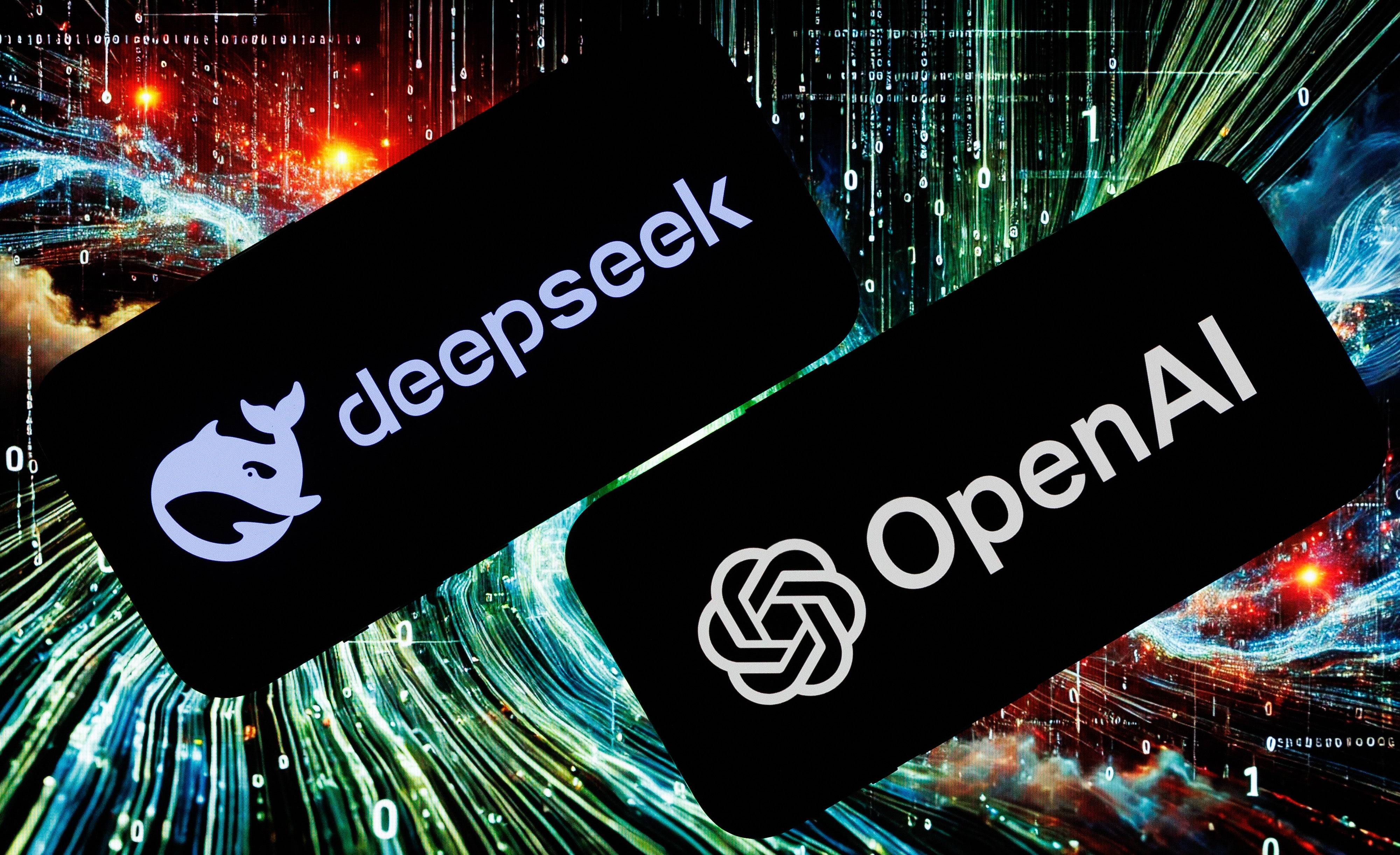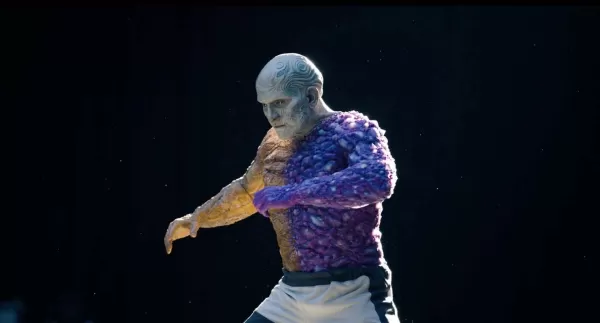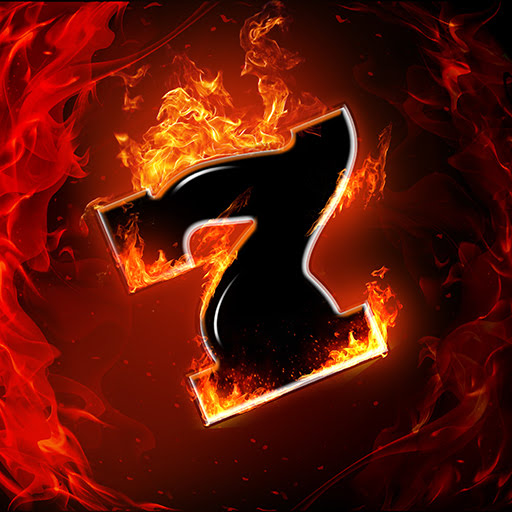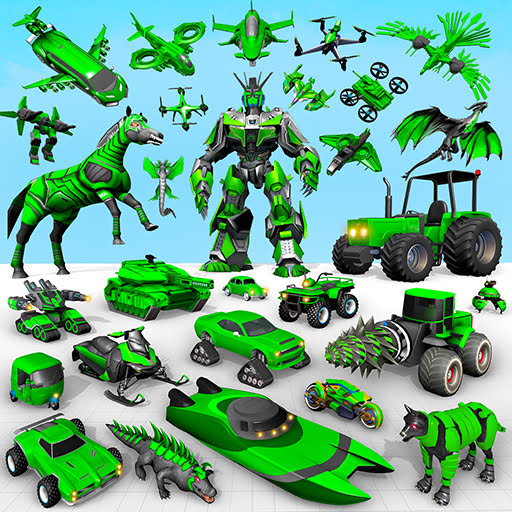The emergence of DeepSeek AI, a Chinese-developed model, has sparked significant controversy and concern within the U.S. tech industry. The suspicion that DeepSeek's ultra-cheap models might have been built using data from OpenAI has led to a sharp reaction, with former President Donald Trump labeling it a "wake-up call" for the U.S. tech sector. This news coincided with a dramatic $600 billion drop in Nvidia's market value, as its shares plummeted by 16.86%—the largest single-day loss in Wall Street history. Other tech giants like Microsoft, Meta Platforms, and Google's parent company Alphabet also saw declines ranging from 2.1% to 4.2%, while AI server maker Dell Technologies dropped 8.7%.
DeepSeek's R1 model, which claims to be a cost-effective alternative to Western AI models like ChatGPT, is built on the open-source DeepSeek-V3. This model reportedly requires significantly less computing power and was trained for an estimated $6 million. Despite some disputing these claims, DeepSeek's impact has led investors to question the substantial investments American tech companies are making in AI, contributing to market volatility.
The situation escalated when Bloomberg reported that OpenAI and Microsoft are investigating whether DeepSeek used OpenAI's API to integrate its models, a practice known as distillation. This technique involves training AI models by extracting data from more advanced models, which violates OpenAI's terms of service. OpenAI emphasized its efforts to protect its intellectual property and expressed the importance of collaborating with the U.S. government to safeguard advanced AI technologies from competitors and adversaries.
David Sacks, President Trump's AI czar, highlighted substantial evidence suggesting DeepSeek distilled knowledge from OpenAI's models, predicting that U.S. AI companies would take steps to prevent such practices in the coming months.
Amidst these developments, observers noted the irony of OpenAI's stance, given its own history of using copyrighted internet content to train ChatGPT. Tech commentator Ed Zitron pointed out this hypocrisy, referencing OpenAI's claim that training AI without copyrighted material is "impossible." In a submission to the UK's House of Lords, OpenAI argued that copyright covers virtually all human expression, making it necessary to use copyrighted materials for training effective AI models.
The debate over AI training on copyrighted materials has intensified with the rise of generative AI. The New York Times filed a lawsuit against OpenAI and Microsoft in December 2023, alleging "unlawful use" of its content. OpenAI responded by defending its training practices as "fair use" and asserting the meritlessness of the lawsuit. This follows a September 2023 lawsuit by 17 authors, including George R. R. Martin, who accused OpenAI of "systematic theft on a mass scale."
Additionally, a 2018 U.S. Copyright Office finding, upheld in August 2023 by District Judge Beryl Howell, stated that AI-generated art cannot be copyrighted, emphasizing the essential link between human creativity and copyright protection.
















